Why do we stay in unhappy relationships, despite being extremely miserable and sad, and why can’t we let go of these unhappy relationships? Let’s find that out, shall we?
Rachel and Darren had been friends since they were teenagers. They had a bond filled with trust and genuine care, but nothing romantic had ever transpired. After spending more and more time together, however, Darren asked Rachel to be his girlfriend. Although she was caught off-guard by his request, she agreed with hesitation, wondering whether she could fall into love with someone for whom she didn’t have romantic feelings.
For a while, the relationship was happy and fulfilling, but as months went on, Rachel discovered a new side of Darren: He was incredibly jealous. She began finding it harder and harder to find happiness within the relationship and grew distant in the process.
Feeling Rachel’s shift and afraid of losing her, Darren became increasingly doting, telling her how much she meant to him and exclaiming publicly that he didn’t know what he would ever do without her.
With every expression of this sort of affection, Rachel put a pause on her plan to end the relationship. Though she eventually did, the process took months, and a once-loving friendship deteriorated into hurt and chaos for both.
Why did she stay?
Related: 7 Signs Of A Dysfunctional Relationship You Must Look Out For
Why Do We Stay In Unhappy Relationships
New research attempted to uncover just that: In a study published in the Journal of Personality and Social Psychology, researchers sought to discover whether people in relationships consider not only their own wants and needs but also the feelings of their partners when deciding whether or not to end a romantic relationship.
With that hypothesis, researchers conducted two studies exploring whether people make the decision to stay solely for the benefit of sparing their partners’ feelings — in other words, they are prosocially motivated to stay.
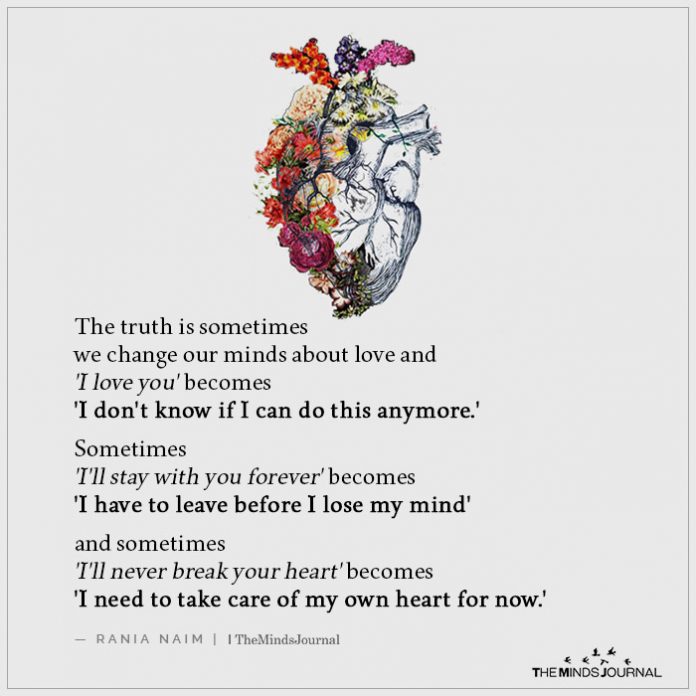
In the first study, a total of 1,348 participants in romantic relationships were tracked over a 10-week period. They conducted a survey with questions about each participant’s current romantic relationship, as well as personality measures, measures of the perceptions of the partner’s commitment, and the amount of distress their partner would experience in a breakup, as well as general demographic information.
In order to study participants’ perceptions of their relationships, they also responded to weekly emails noting whether or not they were still in a romantic relationship with their partner, and who broke up with whom, if the relationship at any point ended.
The results found that “people were less likely to break up with their dating partners over the course of 10 weeks if they believed that their partner was highly committed to the relationship, or if they believed that their partner would be highly distressed in the event of a breakup . . . suggesting that people are more likely to stay in relationships with highly dependent partners compared with less dependent partners even if their own relationship quality and dependence were low.”
In a second study, which replicated and built upon the first, 500 participants who had considered breaking up with their partners were followed over a two-month period. Here, the researchers hypothesized and further probed the idea that, despite considering leaving a relationship, a partner’s dependence on the relationship would discourage breaking up.
Related: 5 Reasons You Might Be Holding On To A Toxic Relationship
The same measures as the first study were used, in addition to questions probing why one might stay in an unhappy relationship surrounding guilt (“I would feel guilty about letting my partner down”), retaliation (“My partner might say or do harmful things”), and negative judgment (“People might judge me for ending the relationship”).
Similar to the results of the first study, people forwent initiating a breakup based on their partners’ perceived dependence, even beyond reasons like guilt, fearing retaliation, or negative judgment.
The researchers thus concluded that, indeed, we tend to stay in romantic relationships that are not particularly fulfilling, not for ourselves, but for our partners: “We found that our effects were not moderated by feelings of being appreciated, suggesting that even people who felt less appreciated or relatively more taken for granted by their partner still took their partner’s feelings into account when making stay/leave decisions.
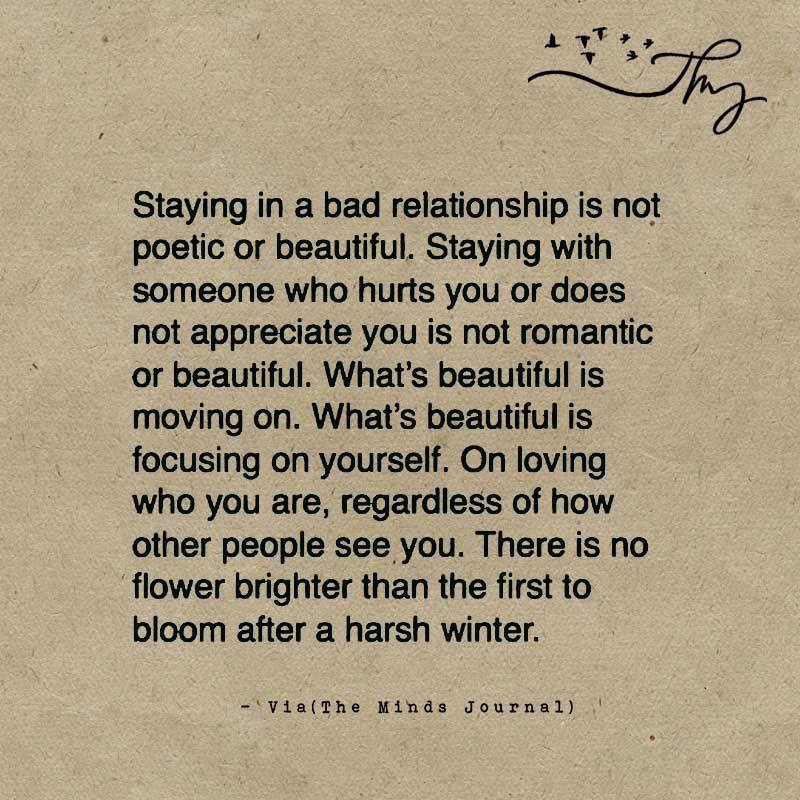
Across both studies, we did not find moderations in satisfaction, investment, quality of alternatives, or commitment. These results suggest that people are less likely to break up with a romantic partner who is highly dependent on the relationship even if the relationship is not doing a particularly good job of meeting their own needs.”
Not sure why you’re hanging on to a relationship that may not be working for you? Though these are only preliminary studies, hopefully, this research helps shed some light.
Want to know more about why do people stay in unhappy relationships, and whether you should leave or not? Check this video out below!
References:
Joel, S., Impett, E. A., Spielmann, S. S., & MacDonald, G. (2018). How interdependent are stay/leave decisions? On staying in the relationship for the sake of the romantic partner. Journal of personality and social psychology
Written By Mariana Bockarova Originally Appeared In Psychology Today



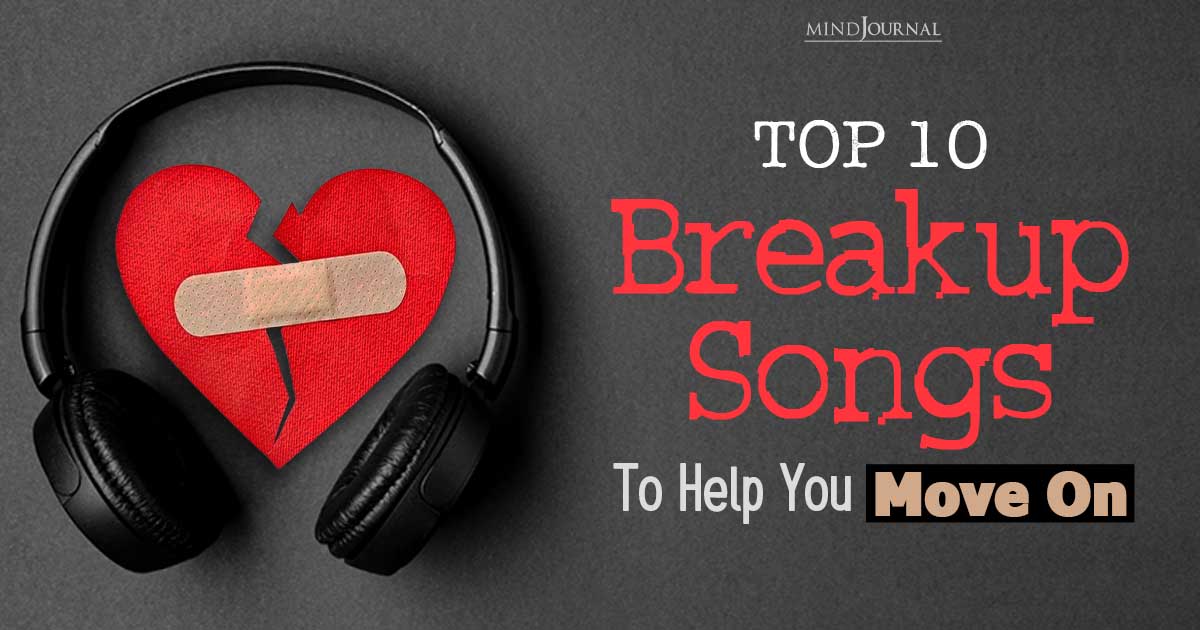



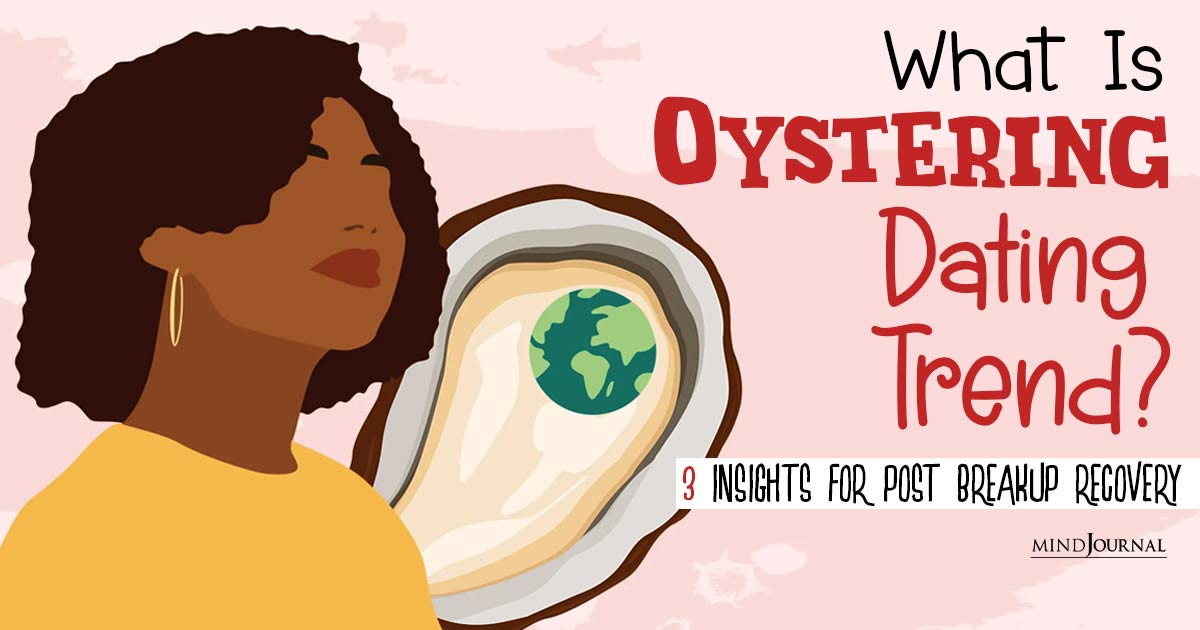
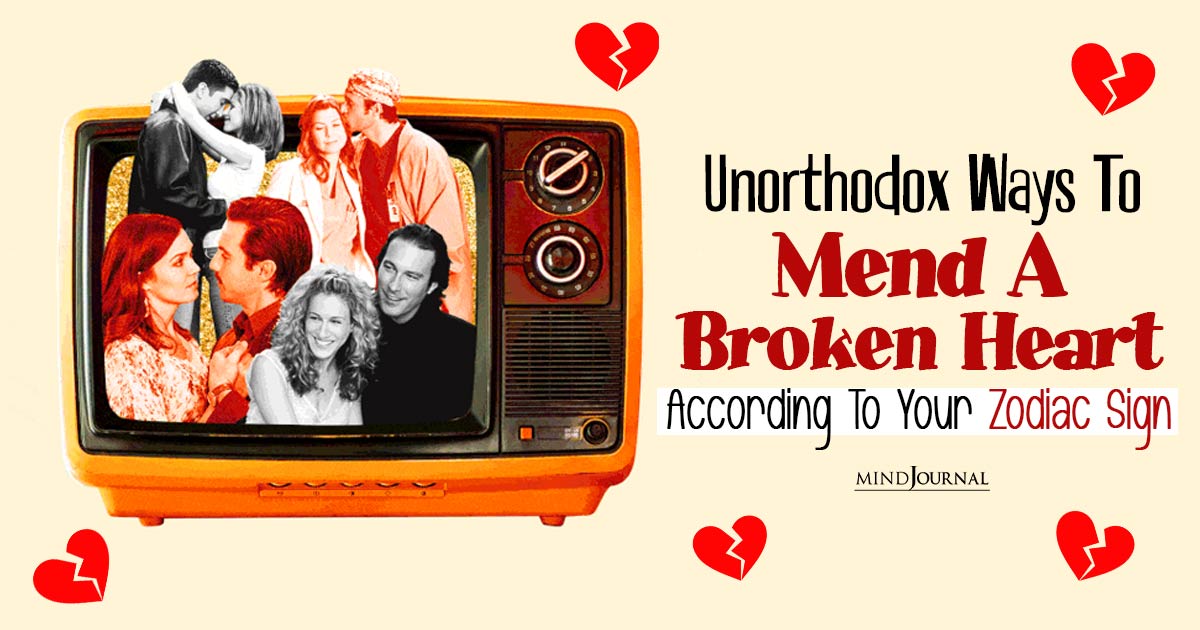
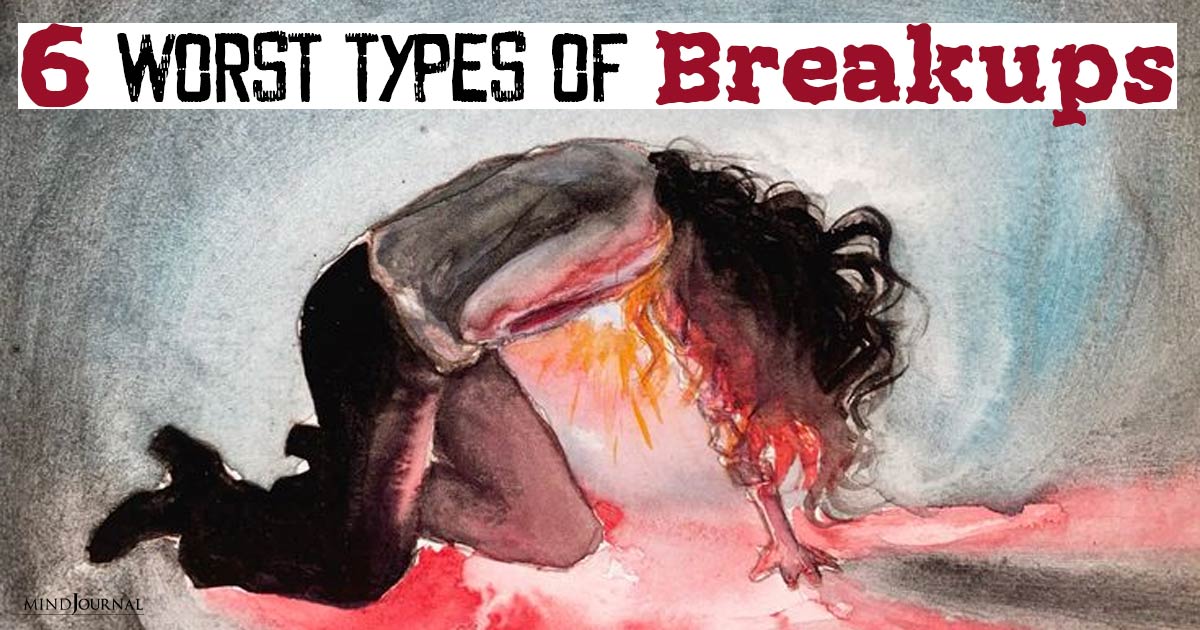
Leave a Reply